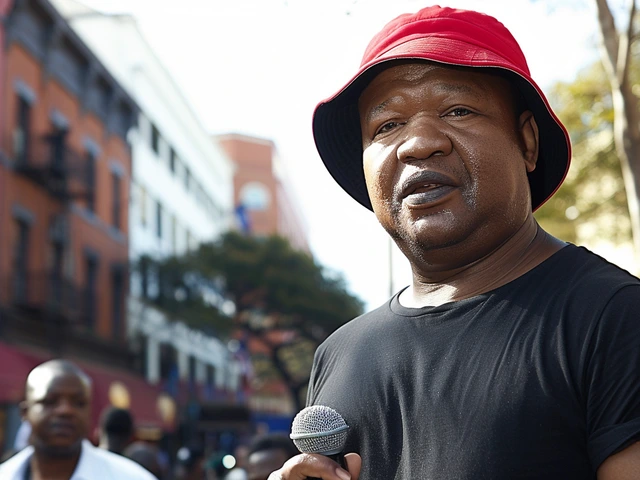Health Recovery: Practical Steps to Get Back on Your Feet
Recovering from illness, surgery, or burnout feels slow, but small smart choices speed progress.
Start by focusing on basics: sleep, hydration, nutrition, and trustworthy follow up care.
Sleep lets your body repair tissues and reset your brain; try regular bedtimes and short daytime naps when needed.
Hydration matters for healing and energy; carry a bottle, sip often, and include soups or broths if solid food is hard.
Eat protein, vegetables, and whole grains to support muscle repair and immune function; if appetite is low, use smoothies or fortified drinks.
Medicines and wound care follow instructions exactly; set alarms for doses and keep bandages clean and dry to avoid setbacks.
Move gently each day; short walks, simple stretches, and breathing exercises reduce stiffness and improve circulation without causing harm.
Use graded activity to rebuild strength: increase duration or intensity by small steps every few days, and stop if pain spikes.
Mental recovery matters too; keep a simple routine, set tiny goals, and talk about feelings with friends or a counselor.
Avoid alcohol and heavy smoking while healing; they slow tissue repair, interfere with sleep, and can reduce medication effectiveness.
Track progress with a simple journal: hours slept, pain levels, steps taken, meals, and meds. Patterns help you and your clinician adjust plans.
Practical steps for faster recovery
Start each morning with a short walk or gentle mobility routine, then eat a protein rich breakfast to fuel repair.
Use heat or cold for pain: ice reduces swelling first 48 hours, heat eases stiffness after swelling goes down.
Ask for a realistic timeline from your doctor and plan activities around it; rushing often causes relapse.
Lean on others: accept help with shopping, childcare, or chores so you can use energy for recovery.
When to see your doctor
Call your clinician for high fever, spreading redness, sudden breathlessness, chest pain, severe confusion, or new weakness. These are red flags that need quick attention.
If recovery stalls for more than a week or symptoms change, book a review. Tests or therapy tweaks often restart improvement.
Finally, be patient with setbacks. They happen. Adjust the plan, ask questions, and keep going step by step.
Consider simple tools like a pill organizer, step counter, or a chair riser to make daily tasks easier and reduce strain.
If pain limits movement, ask about physiotherapy. A tailored plan and hands on guidance prevent bad habits and speed recovery.
Nutrition matters beyond calories; vitamin D, iron, and protein influence healing. Get basic blood tests before starting supplements.
Use breathing techniques to calm anxiety after illness. Try box breathing: inhale four seconds, hold four, exhale four, hold four, repeat five times.
Sleep hygiene helps: dim lights an hour before bed, avoid screens, keep room cool, and limit caffeine after midday.
Small steady steps beat bursts of effort; pick three habits to follow this week and track them for better recovery.
Got questions? Ask your clinician or a physiotherapist for tailored advice.
Nigerian artist Sulaimon Shekoni Solomon, popularly known as Khaid, has reappeared on social media after an extended hiatus due to an undisclosed illness. His return marks a significant moment for both the singer and his fans, who have eagerly awaited his recovery and comeback.
Recent-posts
Sep, 26 2025
Sep, 7 2024
Dec, 30 2024






